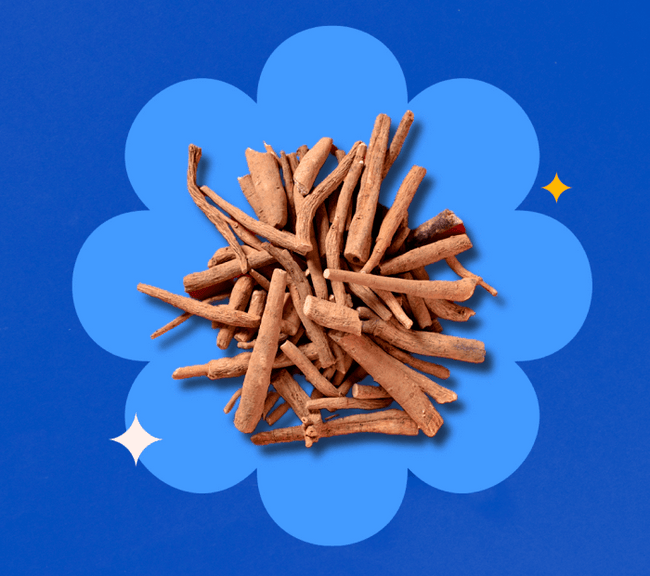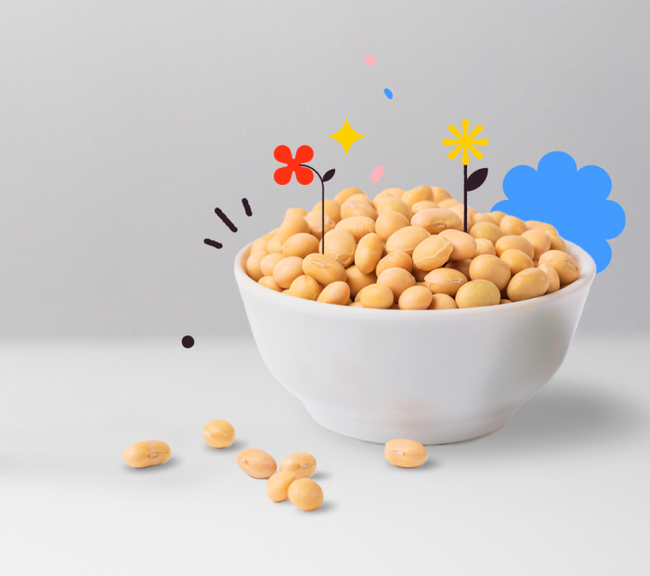Ashwagandha is an adaptogen that has been shown to reduce stress levels while improving cognitive function, among other health benefits. As a supplement, it can be taken on its own or combined with caffeine which has similar effects on mental clarity and focus, however without the jitteriness. When these two powerhouses are combined, they form one potent combination that helps your mind stay sharp while easing tension at the same time. In this article, we will talk about some facts regarding ashwagandha and caffeine that may surprise you!

What is an adaptogen?
An adaptogen is a herb that helps the body fight against stress by reducing cortisol levels in the body. Cortisol is a hormone that the adrenal glands release in response to stress. Taking ashwagandha has been shown to reduce stress by reducing cortisol levels in your body and balancing neurotransmitters that affect mood, memory, concentration, and energy levels.

What is ashwagandha?
Ashwagandha is a supplement that has been used for centuries in Ayurvedic medicine and is also known as Indian ginseng. It is an adaptogen that comes from the roots of the Withania somnifera plant found in India and surrounding countries such as Pakistan, Sri Lanka, and Afghanistan. Ashwagandha.
What are the health benefits of ashwagandha?
There are many health benefits associated with ashwagandha however some of the most notable includes anxiolytic (reduce anxiety) and antidepressant properties, stress-management (through reduced cortisol levels), enhanced cognitive function, memory improvement, improved moods, and ease of pain and inflammation.
How much ashwagandha can I consume?
For the average user, the minimum of 250mg of ashwagandha dosage would be just fine and can go all the way up to 5g daily. However, this depends on the health benefit you are after, and your tolerance of ashwagandha. Some people should not take ashwagandha, so speak to your doctor before starting any supplement regimen.
What are the health benefits of caffeine?
Caffeine is a powerful supplement that stimulates the central nervous system to help give you more energy, improve concentration and focus. It provides an immediate boost of energy because it blocks sleep-inducing chemicals which are responsible for regulating your body's internal clock, called adenosine. Caffeine also increases epinephrine release which stimulates the adrenal glands resulting in elevated hormone levels. The FDA recommends a maximum intake of 400mg a day.
How do I take ashwagandha and caffeine together? And when?
Since caffeine is a stimulant and ashwagandha is an adaptogen, the best way to take them together would be in the morning or afternoon after lunch or any other meal. This will give you energy throughout the day without causing fatigue due to overstimulation. You can mix ashwagandha powder into your black coffee, or any form that you take your coffee in. If you aren't a fan of mixing powders into your coffee, then you can also ingest an ashwagandha in pill form. Lastly, if you have both caffeine and ashwagandha in powder form, you are free to mix them into a delicious smoothie!
What are the health benefits of combining ashwagandha and caffeine in your everyday life?
If you are looking to improve your energy levels prior to a workout, then combining these two supplements could be the right choice for you. Ashwagandha helps reduce stress which can increase endurance or performance if you have been feeling anxious or stressed. Caffeine is also great for increasing energy, stimulating your central nervous system, and focusing during workouts to help give you that extra kick. Furthermore, if you're looking to increase your energy, but not have the jitteriness that caffeine can sometimes bring, then taking ashwagandha with your coffee or with caffeine may be able to keep your energy and focus sustained without much stress or anxiety. There are many different benefits associated with taking ashwagandha and/or caffeine on its own for general health including reduced stress levels, improved mental clarity & focus, increased energy & stamina, and improved sleep quality. Combining these two plants may amplify some or all of these effects.
What are some of the side effects of taking caffeine and ashwagandha?
Caffeine is a natural stimulant however too much caffeine can cause side effects such as an increased heart rate, jitters & restlessness, dehydration due to increased urination, headache, and trouble sleeping if taken too late in the day. Ashwagandha, on the other hand, is not thought to have any negative or serious side effects. However, if you are taking medications for high blood pressure then you should speak to your doctor prior to starting ashwagandha supplementation since it has been known to lower blood pressure. There are no known negative interactions between caffeine and ashwagandha however because it is an adaptogen, there may be some time where the supplement will help balance hormones but depending on what medications/supplements one takes along with it, this can include headaches or nausea.
When should I not use this combination? Who should avoid it?
If you are pregnant or breastfeeding, then it is best to get permission from your doctor before taking ashwagandha and caffeine together. Taking too much of either supplement separately can be harmful to you which could also cause harm while pregnant or breastfeeding. This would also apply if you're using any other prescription medication and want to start taking ashwagandha and/or caffeine-containing supplements: talk to your doctor first!
Conclusion
Ashwagandha and caffeine go great together! Both supplements have shown positive health benefits making them worth incorporating into your daily routine. Ashwagandha provides an immediate boost in energy while reducing cortisol levels which results in lasting stamina throughout the day, whereas caffeine produces a burst of energy that also lasts for hours! They both help combat stress by reducing cortisol, and they also help promote the stabilization of your moods and reduce anxiety. Ashwagandha and caffeine can be taken in different ways such as brewed tea, pill form, or powder mixed into smoothies.























